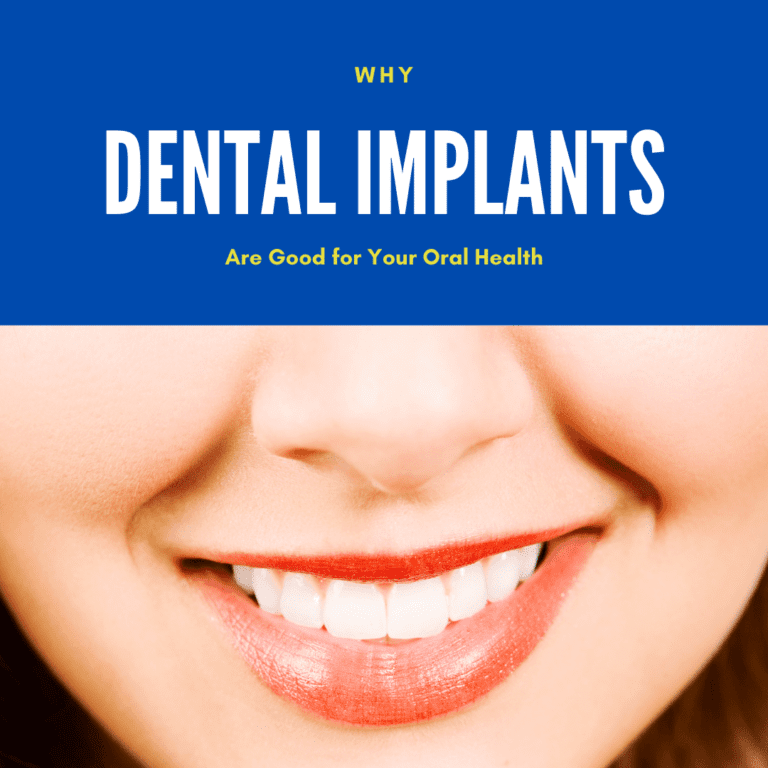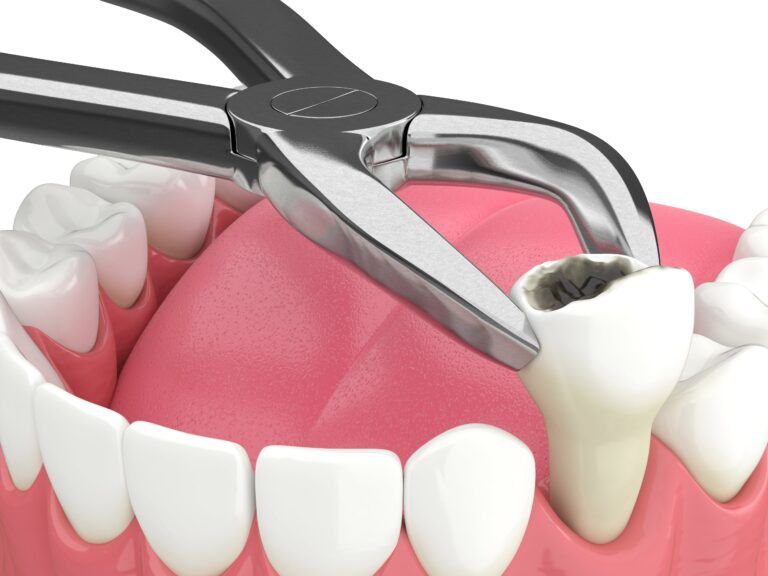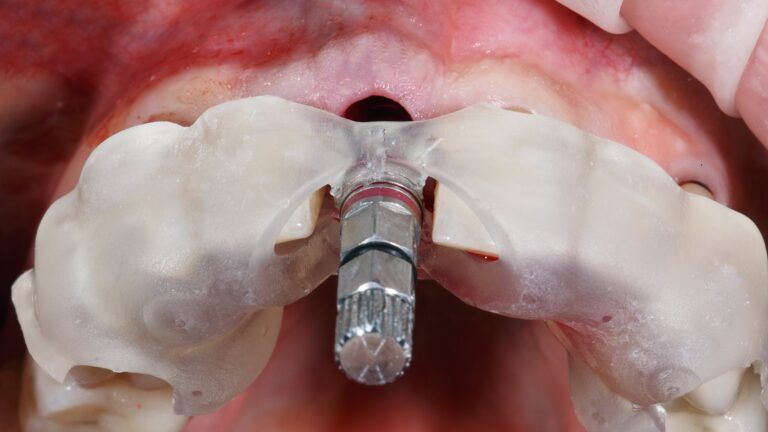When many people think of dental implants, they primarily consider the aesthetic and functional benefits. Although aesthetics and functionality are two very important benefits of dental implants, they are not the only ones. In fact, dental implants are also good for your oral health and this is another major benefit that you may or may not have considered. Let’s take a look at some of the many ways that dental implants can improve your oral health:
Replace Problematic Teeth
If you have one or more teeth that are severely damaged or decayed beyond the point of repair, then your dentist may recommend having those teeth removed. This is because teeth that are severely damaged or decayed can spread bacteria to the surrounding teeth, gums, and can even infect the jawbone. Not only that, but severely damaged or decayed teeth often cause a great deal of pain, which can make it difficult to eat or even enjoy everyday life. In these cases, extracting the problematic teeth is usually the best treatment option.
Once the problematic teeth have been extracted, then they can be replaced with dental implants. Because dental implants are artificial tooth roots implanted in the jaw and used to support a dental prosthetic, they will function in a similar way to your natural teeth. However, they will be completely free of damage or decay, and they won’t cause you any pain after the initial recovery period.
Fill in Gaps

Dental implants can also be used to replace missing teeth in order to fill gaps left behind. As any dentist will tell you, replacing missing teeth is important for a variety of reasons. For starters, replacing missing teeth prevents the surrounding teeth from shifting and causing bite alignment problems. It also prevents the opposing teeth from overgrowing and becoming too long. Finally, replacing missing teeth ensures that your speaking and eating abilities will be preserved, since proper speech and eating habits are difficult with missing teeth. Overall, filling in gaps left by missing teeth is extremely important to maintaining your oral health and preventing future dental problems.
Preserving Your Jawbone
Although there are other dental restorations that can be used to replace damaged, decayed, or missing teeth, dental implants offer a unique approach that no other restoration can. That is, dental implants are able to preserve your jawbone. You see after a tooth is lost, the jawbone underneath no longer needs to withstand the forces of chewing. This lack of force essentially tells the body that the bone is no longer needed in that particular area. Then, the body initiates a process known as bone resorption, which leaches bone mass from the jawbone and distributes it to other parts of the body. Over time, the jawbone will lose bone mass and become weaker. This will also cause the facial structure to change. However, dental implants prevent this process from happening because they are the only dental restoration that uses artificial tooth roots. The metal implant in the jaw acts just like a natural tooth root, meaning that it continues to transfer the force of chewing into the jawbone. As long as the jawbone is still being stimulated by this force, then its bone mass will be preserved.

Irfan Atcha, DDS, DICOI, DADIA at New Teeth Chicago Dental in Chicago, Illinois is a board-certified general dentist and a nationally recognized expert in dental implants, cosmetic dentistry, and sedation dentistry.





